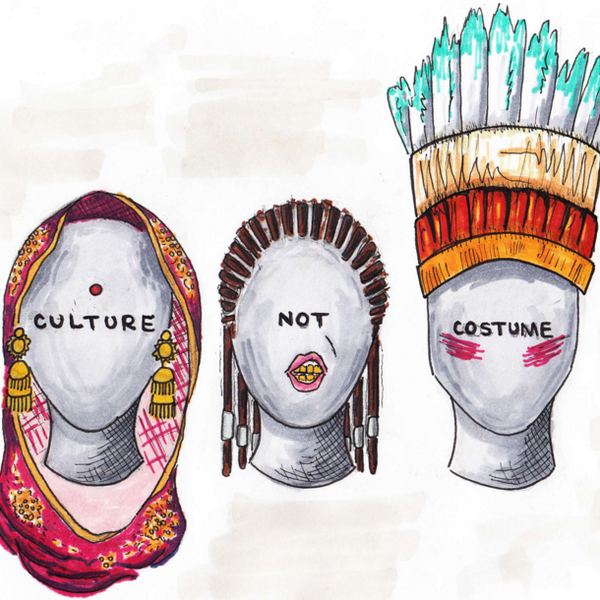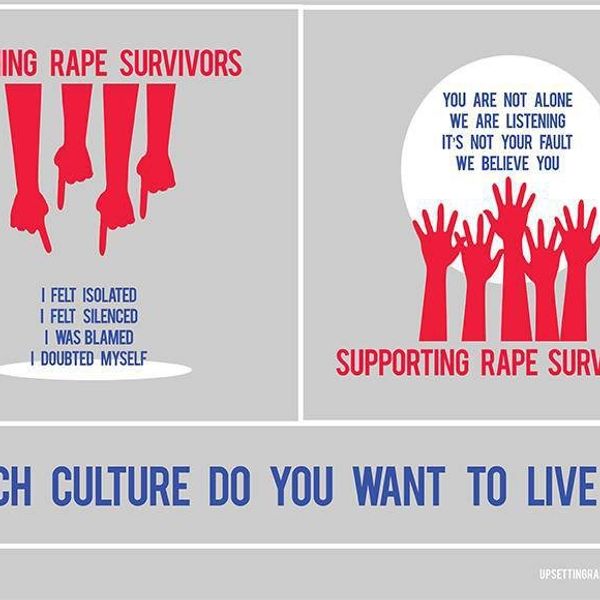Please keep in mind as I write this article, I am referring to piracy in a strictly moral and philosophical sense, rather than a legal one. While the two should be synonymous, legislation does not change until our idea of morality does. It is not until then that legislation shifts in the direction of our moral intuitions.
As it stands, piracy is absolutely illegal. And I am not an advocate for it. While torrenting and peer-to-peer sharing is as ubiquitous on the Internet as cat videos, we rarely take the time to consider whether or not doing so is actually immoral or not – no matter where we currently stand on it.
For our purposes, piracy shall be defined as “the unauthorized use or reproduction of another’s work.” Theft is therefore defined as the taking of another’s property “without permission… and without intending to return it.” It would therefore stand to reason, at least at first glance, that piracy and theft are two different things. Those who believe that piracy is not quite the same as theft argue that because software/movies/TV can be reproduced without utilizing certain tools. On the computer, using unlicensed software does not prevent someone who bought it legitimately from using the software because the number of copies, unless otherwise specified, is infinite. Physical theft, on the other hand, deprives another individual of that item because there is no “copy and paste” in real life.
Those who believe otherwise, however. They argue that you, by torrenting, are not compensating the programmer for his or her work. Whether or not the item is physical does not matter because the effort the creator put into it is still valid. Just as with the creation of a physical item, time and skill are exchanged for currency. When you pirate a game or software, you are not holding up your end of the bargain – and that is theft.
I do not believe that piracy is theft in the traditional sense, but only because the concept of theft as a moral wrong necessarily only involved the deprivation of physical items from another person. We have been engrained to see theft as the taking of a physical item from another person without his or her permission – one copy, deprived from the theft’s victim. However, once we realize that theft is not necessarily taking a physical item from someone who bought it, but perhaps you are wronging the individual who designed and licensed the certain software. It is quite different than what we are used to, but only because the medium of a certain product has changed. I would say that piracy is a form of theft that is perhaps less malicious - because it often wrongs individuals who will not notice the minutia of decrease in their pockets through pirating - but is nonetheless immoral.





















